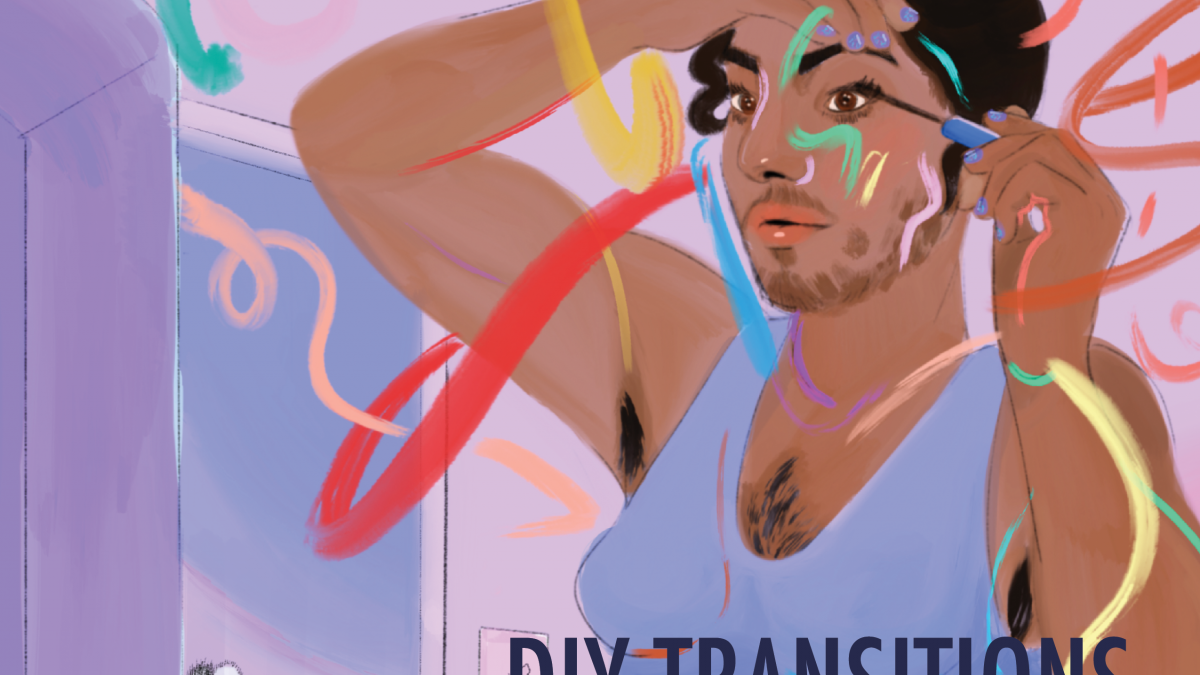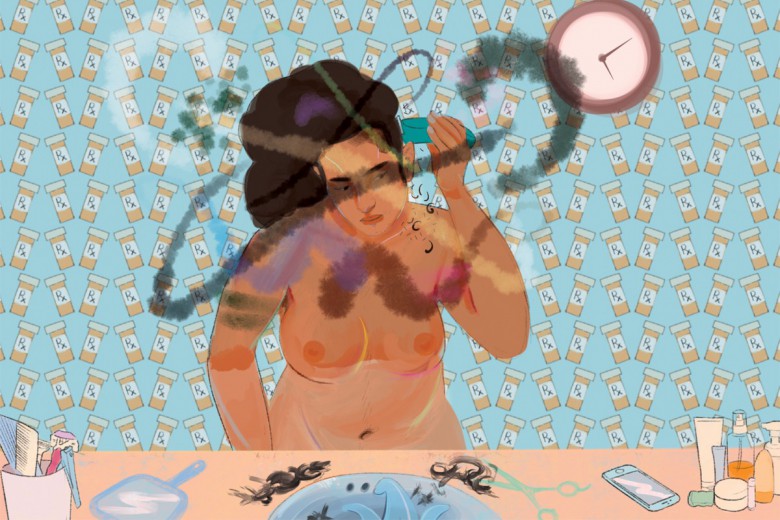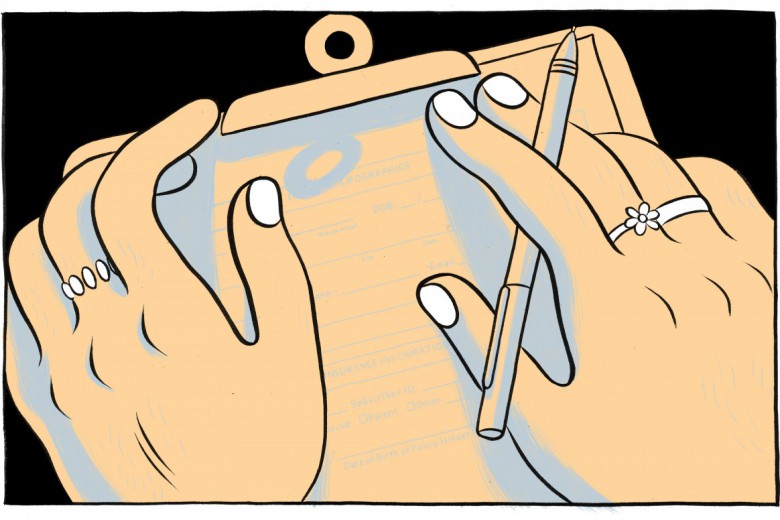It seems, these days, that all major publications are writing about transitioning. The Atlantic, National Geographic, and The Outline have all had cover stories about transgender people in the last couple of years. But the kinds of stories they publish are telling. Most of them are about trans people vying for the approval of cis people – who usually decide that trans people are only properly trans when they conform to white, able-bodied, cisgender, and heteronormative standards. Most of these stories are about people who transition as children, and too many of them whip up a panic by arguing that gender-affirming health care is too readily accessible to kids.
For example, in Jesse Singal’s recent cover story in The Atlantic, “When children say they’re trans,” the author repeatedly suggests that young people who are exploring trans identity might not be trans, and it’s up to their parents to gatekeep access to gender-affirming care and information. These are stories not about or for trans youth, but about and for their cis parents looming in the background. But Singal is one part of a larger trend: it seems like the only transition stories that mainstream media are interested in covering are about detransition, and about deciding who is really trans, and how cis people can tell.
It’s for this reason that I will only ever publish and pay for stories about trans people’s experiences written by trans people. I was excited to choose Alex Verman’s article, “Taking your transition into your own hands,” as the winner of the 2018 Andrea Walker Memorial Prize for writing on women’s and trans people’s health. In it, she writes about all the ways that doctors deny trans people’s sovereignty over their own bodies – and how trans people weave through and around a transphobic medical system to access care and medications on their own terms. She also writes about a reality that’s relatively new to mainstream media discussion: that of non-binary transitions. “I’m not trying to transition all the way,” a non-binary person named Kat tells Verman. “I just want to feel more like myself.”
It seems like the only transition stories that mainstream media are interested in covering are about detransition, and about deciding who is really trans, and how cis people can tell.
I was excited to work with two emerging trans artists of colour who made the art that accompanies Verman and Eve Parker Finley’s pieces: B Hayward (our cover artist) and Lee Lai, respectively.
While mainstream media is obsessed with figuring out who is really trans – and so forcing trans folks to prove their validity to cis people through endless thinkpieces – it saps energy from trans issues that demand radical solidarity and action: homelessness, over-incarceration, sexual assault, and access to health care. So in publishing writing on trans issues, the work of a publication like Briarpatch is to remind our readers of the ways that poverty and neoliberalism are trans issues – and how we must refocus our energies to put trans folks at the front of our struggles against them.
For example, after the provincial government slashed the Saskatchewan Transportation Company in their vicious austerity budget in 2017, banking that the private sector would fill in the gap, Greyhound announced in last month that it was also ending its Western Canada bus routes. This all means that it will be immeasurably more difficult for trans people living in rural areas of Saskatchewan – where, as trans activist Cat Haines estimates in Verman’s piece, there are only three or four doctors who can provide good transition-related care – to safely access hormones or surgery. In our fight against austerity and privatization, we have to make sure that the solutions we propose are ones that meet the needs of those who are most vulnerable.
As trans people are increasingly folded into neoliberal human rights discourse, we see that human rights protections are being extended to cover gender identity. In many ways, this is an important win to be celebrated. But in her piece about organizing to make the YMCAs of Quebec more inclusive of gender-diverse people, Finley notes that “such a top-down system of recourse for gender-based discrimination” means that these protections are still mediated by the state and are hard to access for trans folks who are low-income, or who are at risk of deportation. I’m reminded of Arundhati Roy’s fear, in Things That Can And Cannot Be Said, that we’ve traded in our true goal of justice for all for the consolation prize of human rights for those the state deems human.





_780_520_90_s_c1_c_c.jpg)

